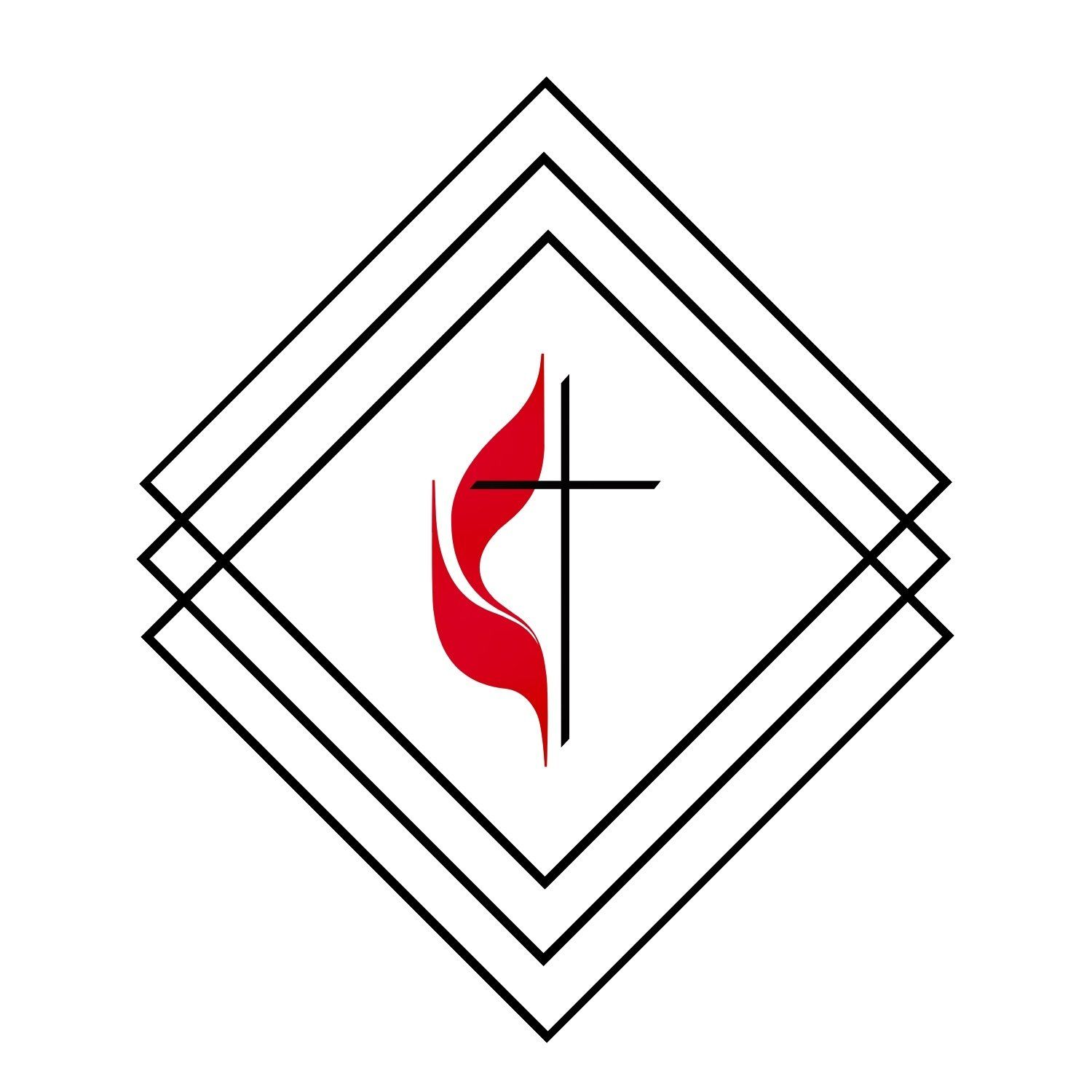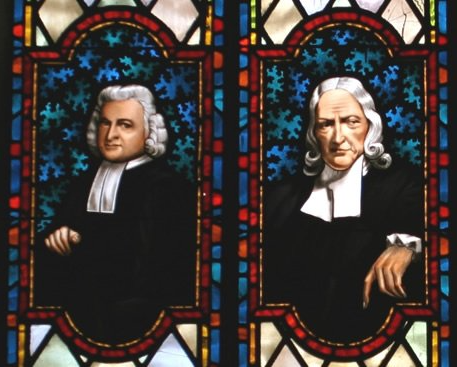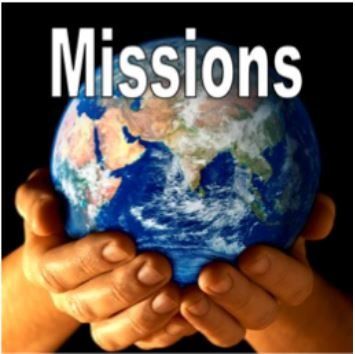
The United Methodist Church Is the second largest Protestant denomination in the United States. Our worldwide connection includes 12.8 million members.
The United Methodist Church was formed when the Methodist Church and the Evangelical United Brethren Church merged in 1968. We trace our heritage back to the movement begun in 1729 in England by John and Charles Wesley.
“Do all the good you can. By all the means you can. In all the ways you can. In all the places you can. At all the times you can. To all the people you can. As long as ever you can.”
John Wesley
Founder of Methodism

Distinctive Characteristics of our Denomination
- Global
- Connectional
- Inclusive
- Grounded in Scripture
- Wesleyan
- Concerned About Social Justice
- Mission Oriented
- Ecumenical
The United Methodist Church is a global church with open hearts, open minds and open doors. We believe in active engagement with our world. United Methodists share a common heritage with all Christians.
John Wesley and the early Methodists placed primary emphasis on Christian living by putting faith and love into action. This emphasis on what Wesley referred to as “practical divinity” has continued to be a hallmark of United Methodism today.
United Methodists continue to heed the lessons John Wesley taught his followers: to live lovingly and justly as servants of Christ by healing the sick, feeding the hungry, caring for the stranger, freeing the oppressed, being a compassionate presence, and working to develop social structures that are consistent with the gospel.
We serve the world with a focus on four areas of ministry:
- Ministering among the Poor
- Improving Global Health
- Growing Vital Churches
- Developing Christian Leaders

Methodists are deeply committed to disaster relief and advocacy efforts. It is a part of our Wesleyan DNA. All of these efforts to serve God also serve our neighbors and fulfill our mission to make disciples of Jesus Christ for the transformation of the world. Ways to participate include:
- Volunteer Opportunities
- Giving Opportunities
- Responding to Disaster
- Advocating for Justice
Ashland United Methodist Church
2600 Ashland Road
Columbia, SC 29210
Office Hours:
Monday - Thursday
8:00 AM - 3:30 PM
